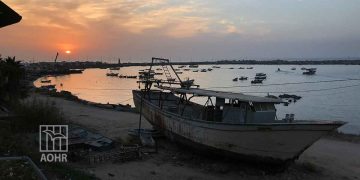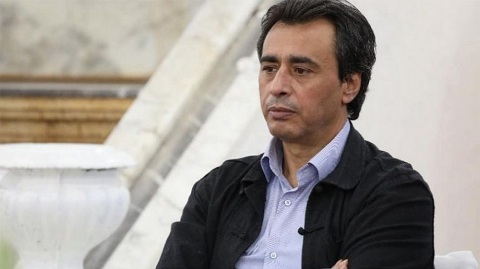Constitutional law professor Jawhar Ben Mbarek has continued his open-ended hunger strike in detention since 29 October, at the civil prison in Belli, Nabeul Governorate, in protest against his imprisonment in connection with what is known as the “Conspiracy against State Security” case.
Sources indicates that Ben Mbarek’s health has become increasingly fragile as he persists in his complete refusal to eat, placing him in a critical condition that requires constant and meticulous medical supervision.
In April 2024, the Tunisian judiciary sentenced Ben Mbarek, who teaches constitutional law at the University of Tunis, to 18 years in prison over the same case.
Questions have since been raised regarding the prison administration’s compliance with laws governing medical care for hunger-striking detainees, and the safeguarding of their right to physical safety and human dignity.
Tunisian law explicitly stipulates the state’s responsibility to protect the life of any prisoner, even if that person chooses hunger strike as a form of protest. The prison administration is therefore obliged to ensure appropriate medical care and regular monitoring. This duty aligns with constitutional principles that place human dignity at the forefront of rights and prohibit exposing any individual to danger or neglect, regardless of the nature of the charges brought against them.
The “Conspiracy against State Security” case, launched in February 2023, has implicated a number of political figures, lawyers, and activists. It has reignited debate over the boundaries between judicial proceedings and political freedoms, as the expanding use of national security charges against opposition figures raises concerns about the clarity and impartial application of legal provisions.
Ben Mbarek’s continuing hunger strike reflects a broader climate of political and social tension that transcends his personal situation. His action represents a form of protest against detention conditions and judicial processes that many view as influenced by current political polarisation. The prolonged strike also underscores the fragile relationship between the security and judicial institutions on the one hand, and the political and civil spheres on the other.
This reality prompts deeper questions about the future of freedoms in Tunisia, and how the country can achieve a balance between preserving security and combating perceived threats to the state, while simultaneously protecting citizens’ political and civil rights. The absence of such balance inevitably widens the trust gap between the authorities and society, undermining the climate of peaceful political participation needed to navigate the present phase.
Ultimately, the case of Jawhar Ben Mbarek exposes a deeper crisis concerning respect for the rule of law and the principle of accountability. It highlights the urgent need for a comprehensive review of justice mechanisms in politically sensitive cases, one that guarantees every individual’s right to liberty and dignity, while safeguarding the credibility of Tunisia’s legal institutions in the eyes of the public.


























